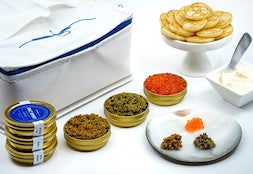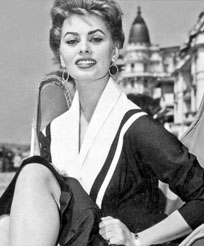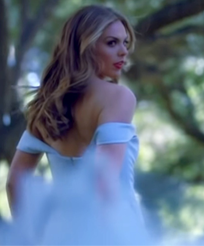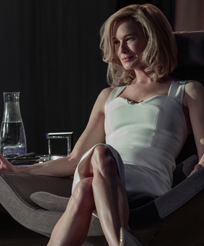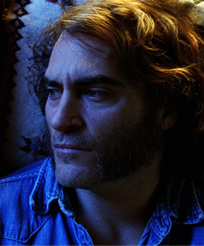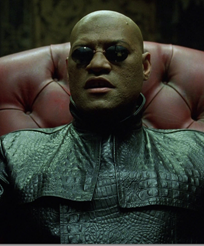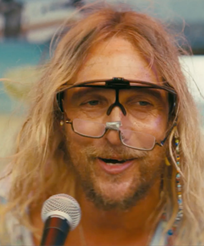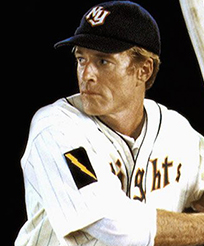What does it mean to be the realest reality show on television?
I’ve been turning that question over in my mind ever since I started watching the new series, RelationShep, currently nearing the end of its run on Bravo. The show stars Shep Rose, a 37-year-old bachelor and a cast member on Southern Charm, which revolves around the glamorous goings-on of old-moneyed bon vivants in Charleston. On it, Rose embarks on a quest to find his paramour, jetsetting to various cities across the country to go out with girls his friends set him up with. The ones he likes are invited back to a mansion in Charleston, where the courtship continues, both in challenging group and intimate individual settings.
RelationShep is not your typical reality TV dating show, and Rose is not your typical reality TV dating show protagonist. For starters, Rose is keenly self-aware and gregarious, with a generous wit. He can use the word “impugn” correctly in a sentence. His love of Shakespeare knows no bounds. Contrary to the vapid, almost culture-less characters that populate shows like Floribama Shore or Vanderpump Rules or even The Bachelor, Rose appears eager to demonstrate a passion for art and literature. Intelligence tends to be a virtue in this world unless you’re on reality TV—a notion Rose seems intent on challenging.
And yet for all his charm—and Rose is nothing if not charming—he’s also presented as comically ambitionless, the sort of bighearted rich kid who never felt the need to grow up and be a real adult. On Southern Charm, he’s nurtured a reputation as a playboy, a frat boy, a career partier, a commitment-phobe. Rose both acknowledges these traits and denies them, flashing the mischievous smile of a child who’s secretly tickled by the mess he’s made. With a mop of wavy hair and a Clinton-esque squint, he’s tall and handsome, but also fashion-ambivalent and gym-averse. A chiseled young Ken doll in the mold of Bachelors Sean Lowe or Ben Higgins Rose is not.
The result is an entertaining, artificial portrait of modern dating nonetheless brimming with sincerity. Unlike other dating shows, like The Bachelor, the girls are not predisposed to loving Shep. There is no fairy tale narrative, ingrained into the process and emblems of the show, to prime the girls’ feelings and lower their threshold for love. Shep is merely set up with friends of friends, much like you would be in real life. Few illusions persist, on the girls’ part, that this will amount to some great love. In fact, many express skepticism towards the entire endeavor, not to mention Rose’s fitness as a potential partner. Priscilla, an acerbic Brazilian, straightforwardly challenges his apparent joblessness. Amber, a down-to-earth girl who Rose meets in Austin, turns down his request to come to Charleston, because she doesn’t feel comfortable on camera. Jessi, a 31-year-old L.A.-based stylist, criticizes Rose’s ill-fitting shirt before selecting an impressive stacks of books for Rose to read at a local bookstore; she too denies his invitation, explaining that she had to work. Even Rose himself is wary of the process. In an interview with Decider, he claims he didn’t want all the girls he invited back to Charleston to live together in one house. (As evinced by his behavior in the show—he more or less trips over himself the first time he sees all the girls in the mansion—it would appear that he never quite got used to the idea. And understandably so.)
But what really distinguishes RelationShep from every other reality TV show is the frequency and ease with which it breaks the fourth wall. Rose’s best friend on the show is none other than Sarah, his faithful field producer, with whom Rose routinely seeks council. Both The Bachelor and The Real World have occasionally, in recent seasons, started to include the audio of questions producers ask cast members. But no reality show features their producer on camera like RelationShep. Sarah is by Rose’s side in the car, available for advice at the bar where his date is taking place, chatting with him while he lies half-dressed in bed in the morning. During one memorable segment, Sarah informs Rose that her mother’s been rushed to the hospital, and Rose cuts his date short to visit her. The exchange is caught on tape. So intimate is their relationship that some viewers have taken to speculating online whether or not Rose will eventually end up with his producer; that fans are inclined to fit their relationship into the mold of a trite rom-com resolution is both revealing and deeply ironic, given her presence seems expressly choreographed to make the show feel more real, not less.
This move—to make Sarah a veritable player-coach, if you will—was a deliberate choice. Aaron Rothman, an executive producer, who worked in development at ABC, told Decider that they "'wanted a sense of UnReal,'" the Lifetime scripted series about the producers on a Bachelor-like reality show. Rose himself says The Larry Sanders Show and Episodes served as inspiration for RelationShep. "'I love that premise of a show about doing a show,'" he explained in the same interview. "'Of course that’s not quite like what we’re doing at all, [but] I think there’s definitely a niche for that.'"
Indeed, Rose’s relationship with Sarah is less a “show within a show” than a crucial aspect of the show itself. As John Jeremiah Sullivan crucially observed about The Real World years ago, that series doesn’t portray real life, per se, but it does portray the reality of being on a reality TV show. The same could be said to an even greater extent about RelationShep: it doesn't necessarily reflect what real dating is like, but it does exhibit what dating is like on a reality show. Of course, The Bachelor is inherently a show about finding love on The Bachelor, too, just as Are You the One? is a show about finding your perfect match on Are You the One?. But those shows stridently defend their central fictions as reality. The Bachelor has become more tongue-in-cheek in recent years, but it still takes itself incommensurably seriously when it comes to its contestants finding real love (see: the fallout when excommunicated Bachelor, Juan Pablo, refused to say the words “I love you”). Are You the One?, for all its utter ridiculousness, also never lets its guard down: every time its cast members fail to find their “perfect matches,” it’s because they aren’t trying hard enough, or they’re just trying to hook up, or they’re just “playing the game.” To reveal the truth—that the process the show uses to determine one’s “perfect match” is highly fallible—would expose the lie upon which the show relies.
Yet RelationShep, by nature of its style, its format and its star, does not have any pretenses to keep up; it lays all its artifices bare, or at least attempts to. It represents an aloof marriage of form and function: neither Rose nor the girls nor the show itself quite knows how to deal with the situation they’ve found themselves in. It is the realest reality show on TV simply because it dares to reckon with its own unreality.
RelationShep is avant-garde, though it remains to be seen whether or not it will be consequential to the future of the genre. There does not appear to be a shift, as far as I can tell, towards this style of self-aware reality show. Bravo’s Vanderpump Rules and MTV’s Siesta Key, two of the hottest reality shows, are both “structured”; ala Laguna Beach or Made in Chelsea, the producers create conflicts and confrontations that would never happen otherwise, and present them as real. Perhaps the “structured” style has always been and always will be truer to the form than that of a RelationShep: rather than acknowledging its own artifice, it merely presents its artifice as reality—which is naturally what happens when producers attempt to transpose "reality” onto TV.
That said, there has always been a hunger for pieces of art that offer audiences peek behind the proverbial curtain. There are too many scripted shows to count about the making of shows, amongst them The Larry Sanders Show and Episodes, but also The Comeback and UnReal. It’s only a matter of time before viewers demand reality shows that focus more on the drama of being on a reality show than whatever the subject of the reality show is itself.


